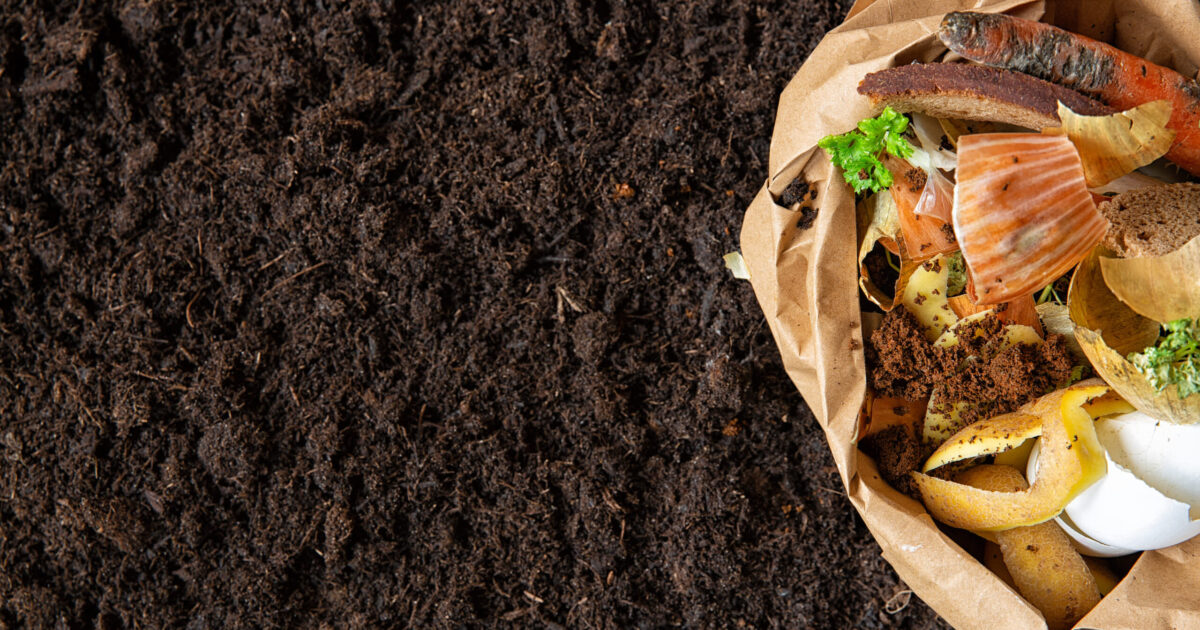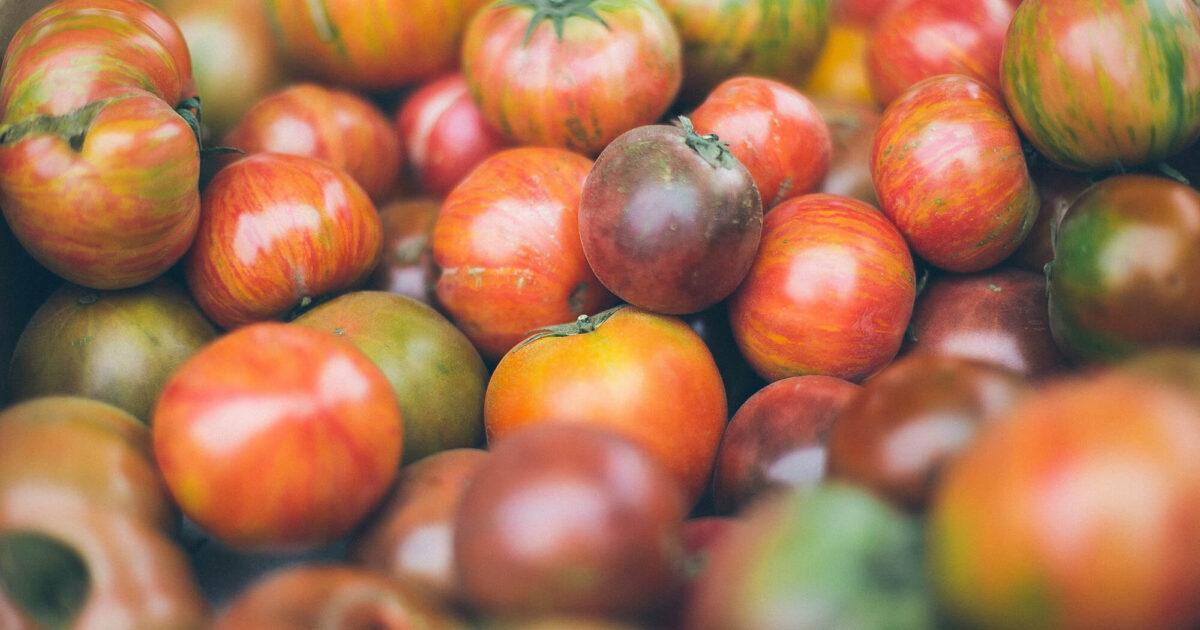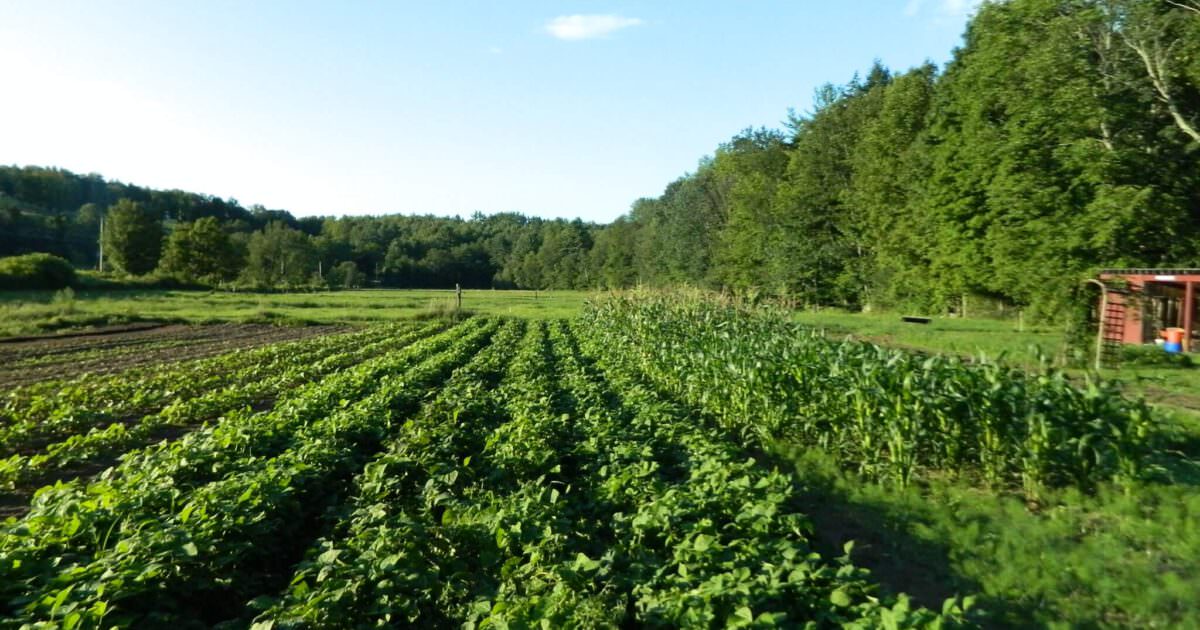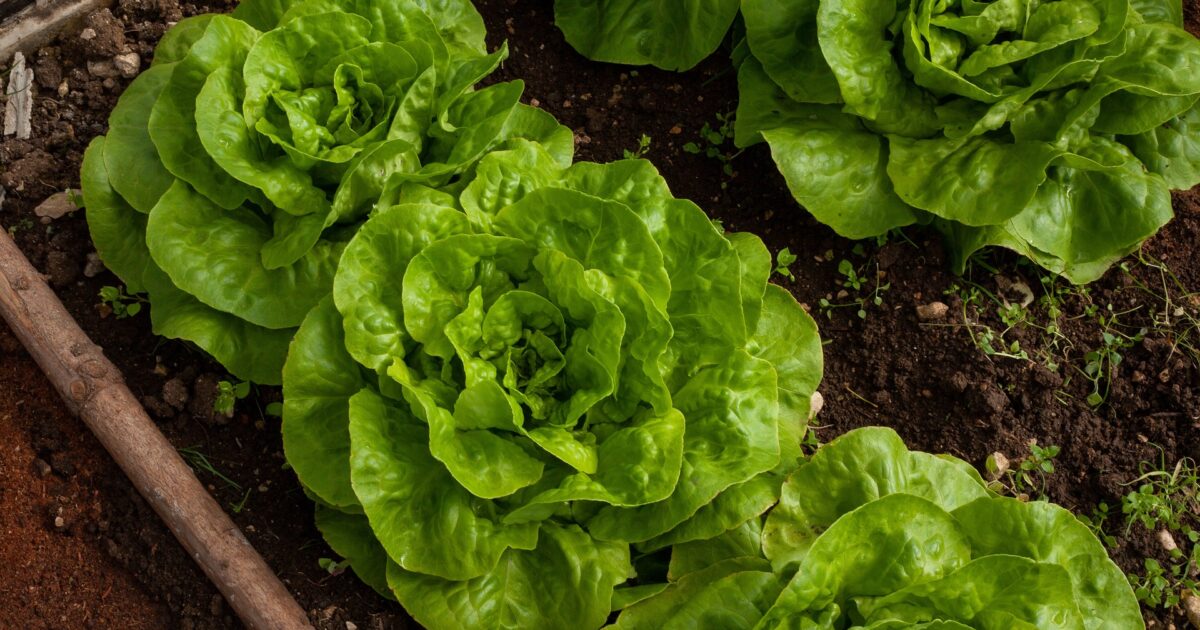
Programs
The core of CT NOFA’s work is found in our programs – ranging from long-standing efforts like our Organic Land Care Program to newer offerings, such as our Farm Share Program. Our programs move us closer to a healthy, organic Connecticut founded on ecologically, socially, and economically just principles.

The Transition to Organic Partnership Program (TOPP) connects transitioning farmers with farmer mentors, hosts community building opportunities, creates technical assistance resources, supports the organic workforce through training and education, and promotes diversity, equity, and inclusion in the organic sector.

Dangerous levels of carbon in Earth’s atmosphere derive not only from burning fossil fuels, but also from land use changes. Estimates suggest that agriculture is responsible for one quarter of greenhouse gas emissions globally. Farmers can and must be part of the solution to climate change.

CT NOFA’s Farm Share Program reduces the cost of a local CSA (community supported agriculture) share for individuals in need of financial assistance, while ensuring farmers are fully paid. A CSA is a subscription (usually weekly) from a farm for a regular supply of farm-fresh veggies, dairy products, meats, bread, and more.

Organic Land Care is a sustainable ecological landscaping system that promotes and enhances biodiversity, biological cycles, and soil biological activity. The NOFA Organic Land Care Program works to foster professional competency in the area of organic landscaping and protect the public interest in responsible use of land care products and land resources.

The core of the Beginning Farmers Program is our Skill Share series, which features group based learning opportunities for new and beginning farmers to thoroughly explore a particular production topic. These courses feature multiple meetings over the course of a growing season, addressing different seasonal aspects of the subject.

Connecticut's changed landscape poses a threat to the food production that remains in farms and gardens. We must restore native habitat to safeguard our food system. The Ecotype Project exists at the intersection of farms, gardens, land trusts, and public lands: we aim to increase the number of native plants growing in our region.

Since our founding in 1982, advocacy has been a critical part of CT NOFA's mission. We advocate for organic, sustainable policies, in Hartford and elsewhere. This ensures that our position is heard by legislators in the capitol, and that state policies reflect our interest and mission.

Becoming a USDA certified organic farm is a rigorous process. CT NOFA works to help reduce the complexity of the process with free certification consulting for our members. Since 2023, CT NOFA has also been a regional partner in the Transition to Organic Partnership Program, connecting farmers who want to achieve certification with experience organic farmers who can mentor them through the process.

Each March, CT NOFA holds our signature event, the Winter Conference, featuring the Bill Duesing Organic Living on the Earth Award, our annual meeting, and a keynote address. Also included are a variety of workshops on farming, seed saving, organic land care, community food security, social justice issues, and more. The conference also includes dedicated meetup times for Affinity Groups – peer learning and social communities for farmers with shared interests or from similar backgrounds.
This educational convention is central to CT NOFA's mission to share agricultural and environmental wisdom and experience amongst greater New England's diverse community of organic advocates.
Join Us
Memberships are available for individuals, farms, families and others committed to ensuring the growth and viability of organic agriculture, organic food, and organic land care in Connecticut.
